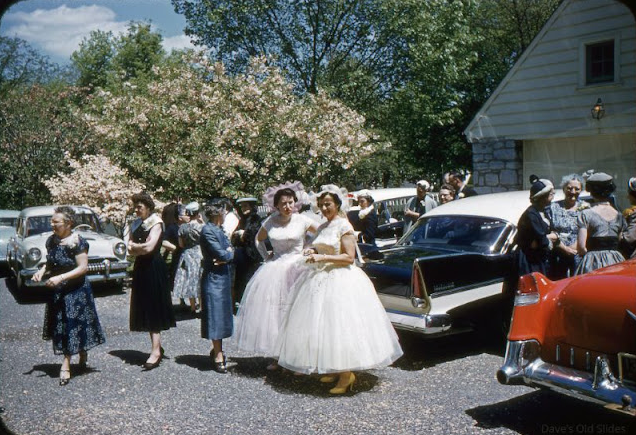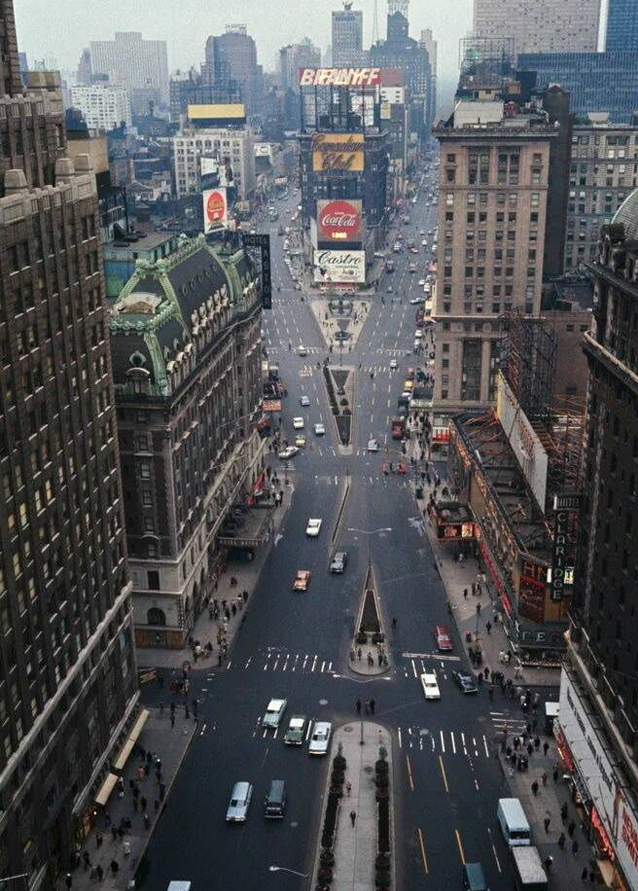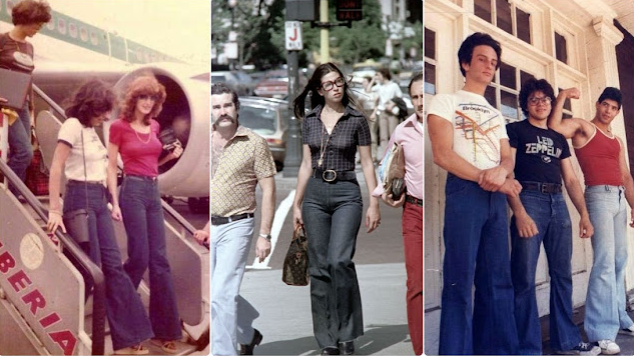Historians use the word “boom” to describe a lot of things about the 1950s: the booming economy, the booming suburbs and most of all the so-called “baby boom.” This boom began in 1946, when a record number of babies–3.4 million–were born in the United States. About 4 million babies were born each year during the 1950s. In all, by the time the boom finally tapered off in 1964, there were almost 77 million “baby boomers.”
.jpg)
After World War II ended, many Americans were eager to have children because they were confident that the future held nothing but peace and prosperity. In many ways, they were right. Between 1945 and 1960, the gross national product more than doubled, growing from $200 billion to more than $500 billion. Much of this increase came from government spending: The construction of interstate highways and schools, the distribution of veterans’ benefits and most of all the increase in military spending–on goods like airplanes and new technologies like computers–all contributed to the decade’s economic growth. Rates of unemployment and inflation were low, and wages were high. Middle-class people had more money to spend than ever–and, because the variety and availability of consumer goods expanded along with the economy, they also had more things to buy.
.jpg)
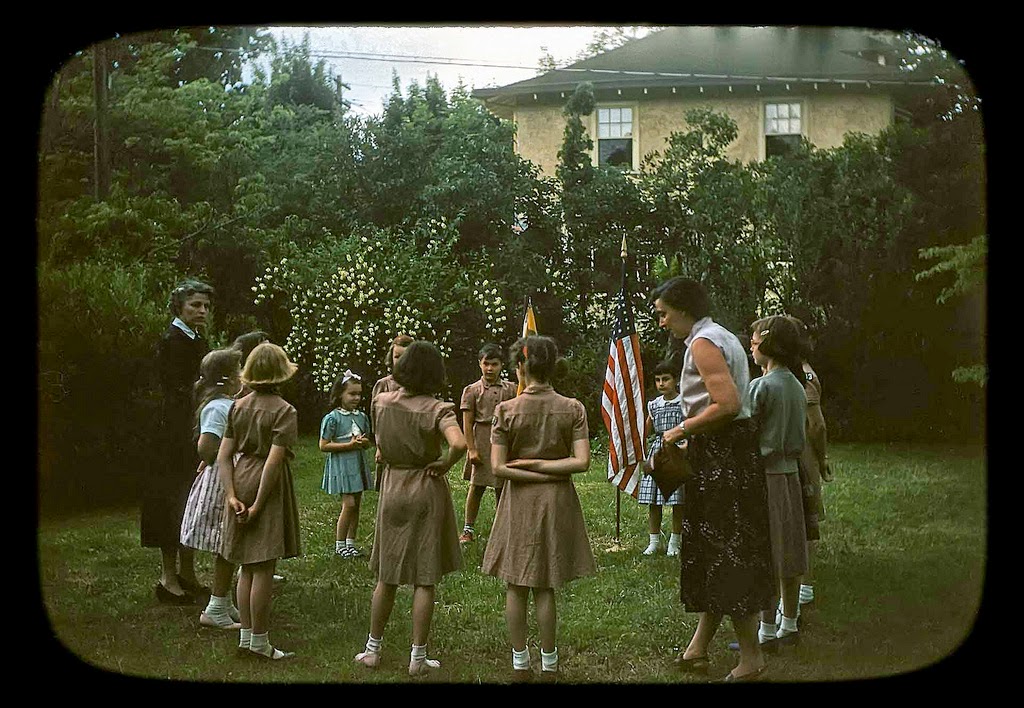.jpg)
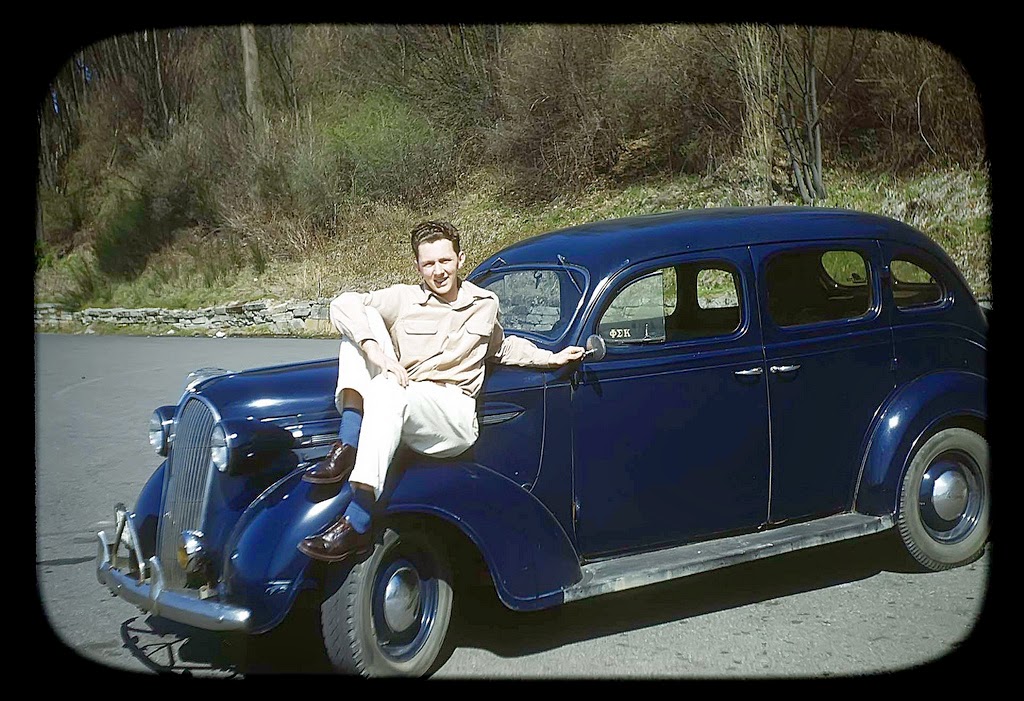.jpg)
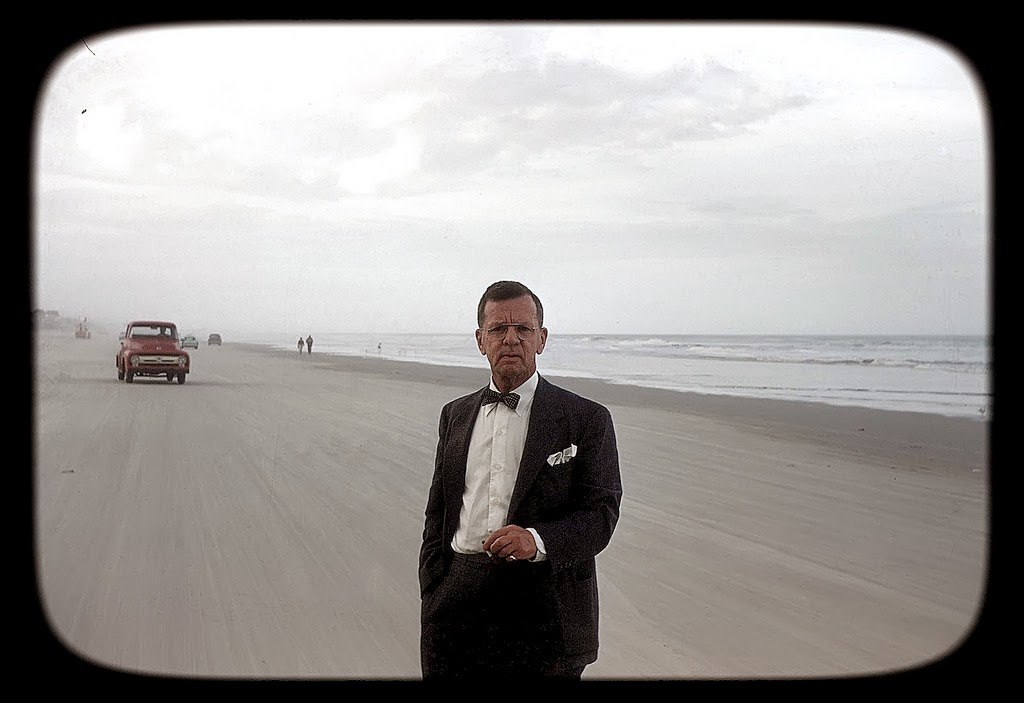.jpg)
.jpg)
.jpg)
.jpg)
.jpg)
.jpg)
.jpg)
.jpg)
.jpg)
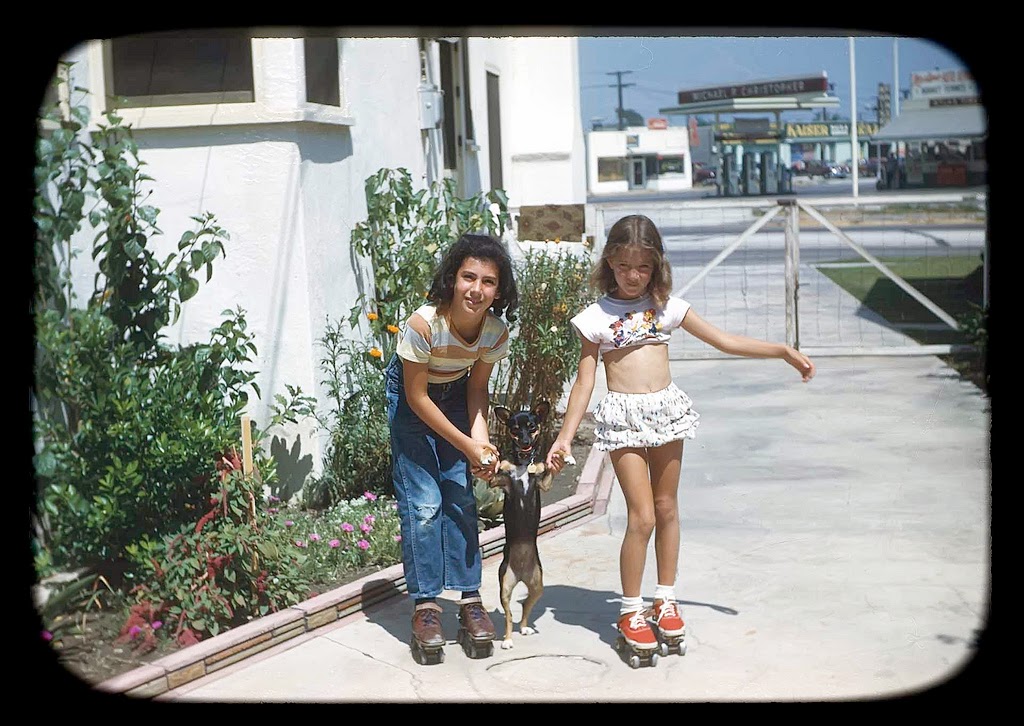.jpg)
.jpg)
.jpg)
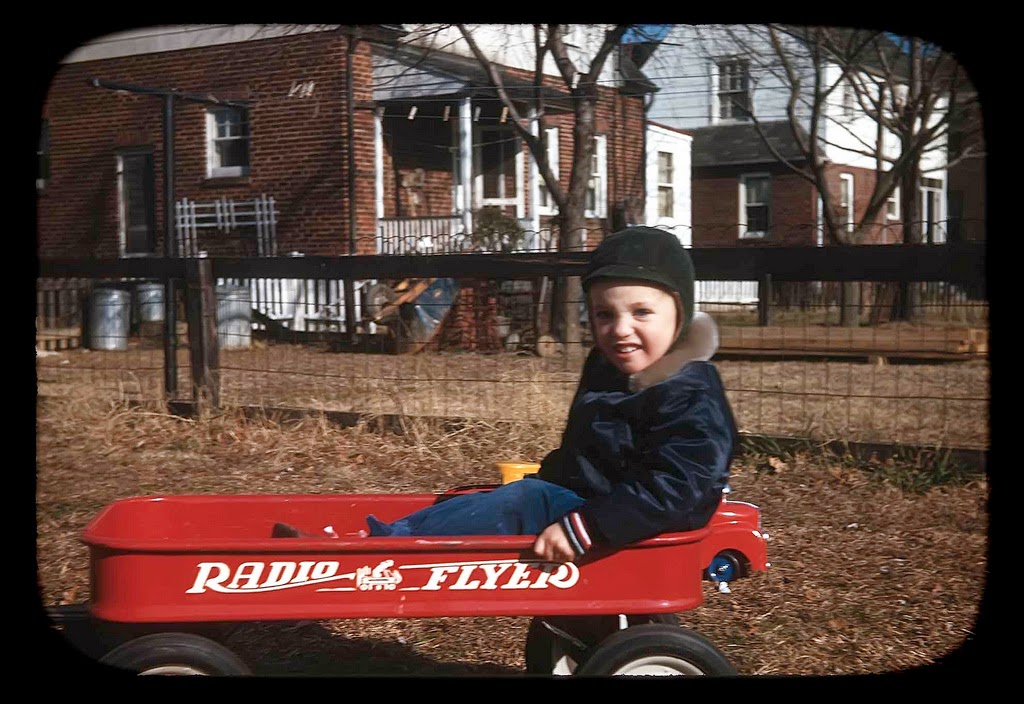.jpg)
.jpg)
.jpg)
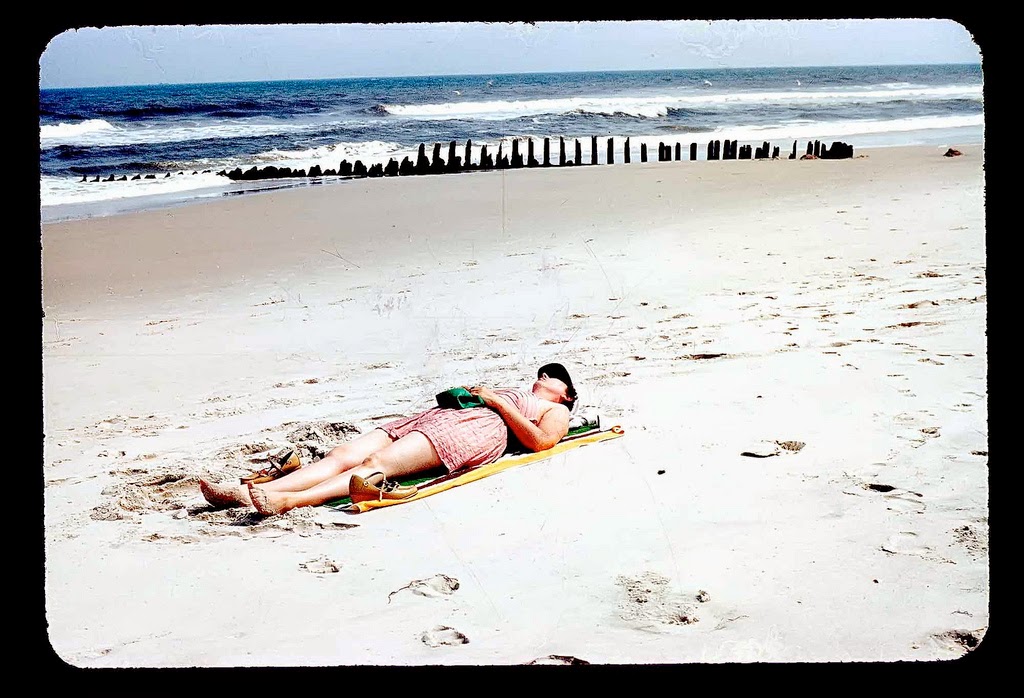.jpg)
.jpg)
.jpg)
.jpg)
.jpg)
.jpg)
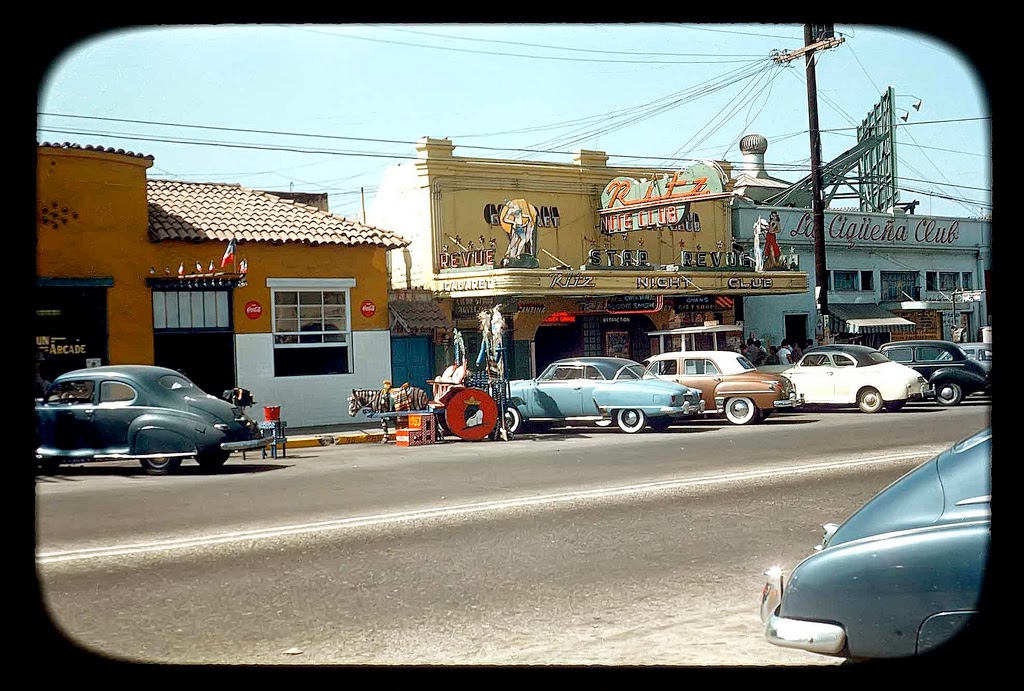.jpg)
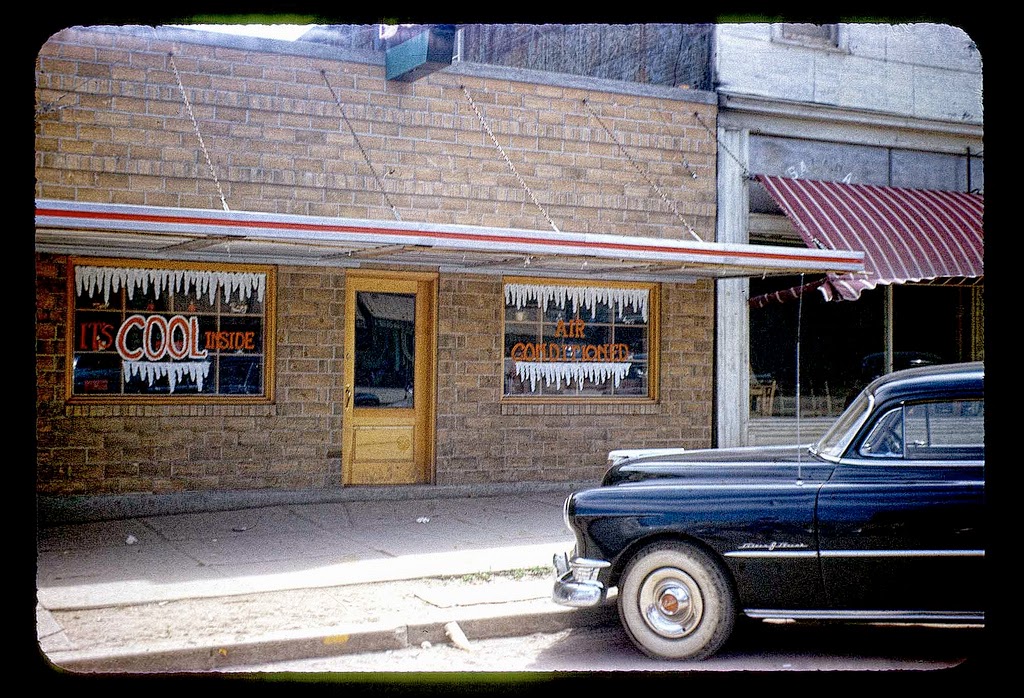.jpg)
.jpg)
